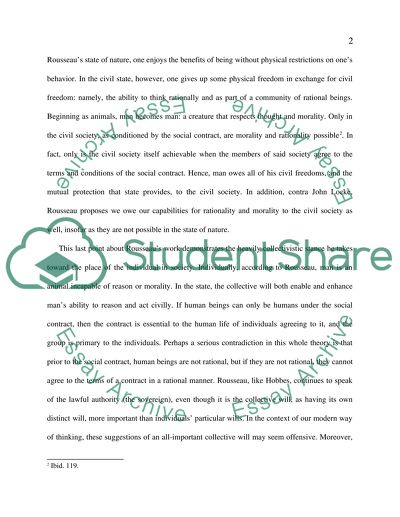Cite this document
(Political Philosophy: Jean-Jacques Rousseau's Social Contract Theory Term Paper, n.d.)
Political Philosophy: Jean-Jacques Rousseau's Social Contract Theory Term Paper. Retrieved from https://studentshare.org/politics/1558240-political-philosophy-democracy
Political Philosophy: Jean-Jacques Rousseau's Social Contract Theory Term Paper. Retrieved from https://studentshare.org/politics/1558240-political-philosophy-democracy
(Political Philosophy: Jean-Jacques Rousseau'S Social Contract Theory Term Paper)
Political Philosophy: Jean-Jacques Rousseau'S Social Contract Theory Term Paper. https://studentshare.org/politics/1558240-political-philosophy-democracy.
Political Philosophy: Jean-Jacques Rousseau'S Social Contract Theory Term Paper. https://studentshare.org/politics/1558240-political-philosophy-democracy.
“Political Philosophy: Jean-Jacques Rousseau'S Social Contract Theory Term Paper”. https://studentshare.org/politics/1558240-political-philosophy-democracy.


